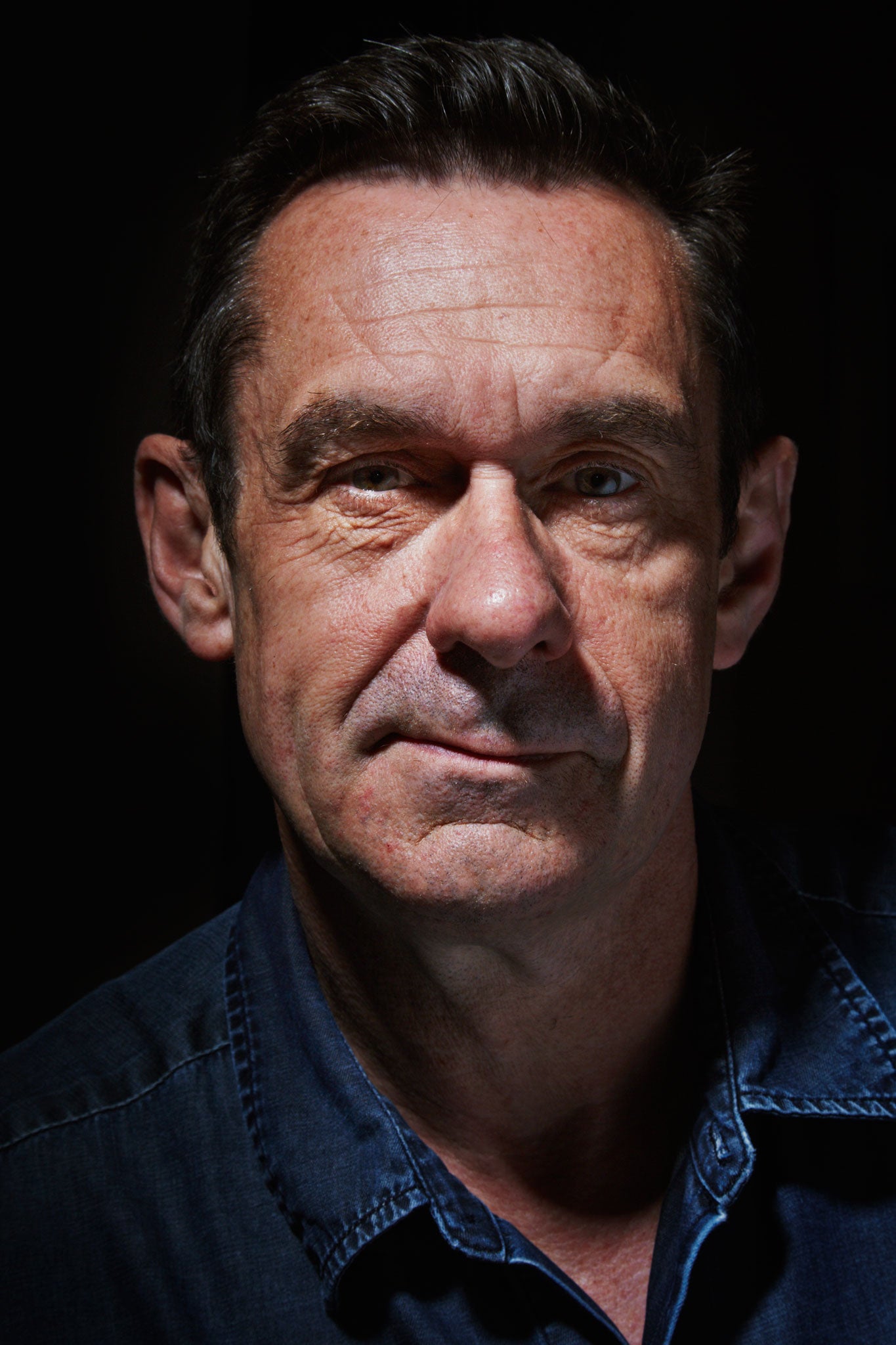PostCapitalism: A Guide to Our Future by Paul Mason, book review: Thoughtful, if pessimistic
This sounds like a standard utopian rant, attractive to some, absurd to most

Your support helps us to tell the story
From reproductive rights to climate change to Big Tech, The Independent is on the ground when the story is developing. Whether it's investigating the financials of Elon Musk's pro-Trump PAC or producing our latest documentary, 'The A Word', which shines a light on the American women fighting for reproductive rights, we know how important it is to parse out the facts from the messaging.
At such a critical moment in US history, we need reporters on the ground. Your donation allows us to keep sending journalists to speak to both sides of the story.
The Independent is trusted by Americans across the entire political spectrum. And unlike many other quality news outlets, we choose not to lock Americans out of our reporting and analysis with paywalls. We believe quality journalism should be available to everyone, paid for by those who can afford it.
Your support makes all the difference.The idea of Utopia, a perfect society with people living together in harmony and comfort, has cast a seductive spell ever since Sir Thomas More wrote his treatise in 1516 on how the people created such a society on a fictional island in the Atlantic. Many other writers have sought to apply his vision of Utopia to the present world, including Edward Bellamy, whose Looking Backward: 2000-1887, published in 1888, led to the setting up of a number of utopian communities across the US.
The latest contribution to the genre, PostCapitalism: A Guide to our Future, comes from Paul Mason, widely known as the economics editor for Channel 4 News. His thesis is that capitalism has reached the end of is development and that a new socio-economic system will emerge from its ruins. The key driver of such change is technology, which destroys existing economic relationships and enables new ones to take their place. The task is how to ensure that this new society is a more just and harmonious one.
He sets out four top-level goals: cutting carbon emissions, stabilising finance to end boom and bust, delivering high levels of prosperity and well-being, and reducing work by automating the economy.
"Eventually," he writes, "work becomes voluntary, basic commodities and public services are free, and economic management becomes primarily an issue of energy and resources, not capital and labour."
He acknowledges that not all the objectives will be reached. But how to begin? "First we need an open, accurate and comprehensive computer simulation of current economic reality… So one of the most radical – and necessary measures we could take is to create a global institute or network for simulating the long-term transition beyond capitalism."
He goes on to sketch how with the benefit of the super-computer, which would be open-source and would not just simulate the world economy but would represent it, we could remodel the state, end monopolies, expand collaborative work, and pay everyone the basic income.
"We lie at a moment of possibility: of a controlled transition beyond the free market, beyond carbon, beyond compulsory work. What happens to the state? It probably gets less powerful over time – and in the end its functions are assumed by society."
If this sounds, well, utopian, some sections of our present society would get quite a kicking. For example debt write-offs would mean people who have saved for a pension would see their savings savaged. Mason acknowledges the brutality of that. As for the one per cent, they would be poorer – but also happier because their money does not bring them happiness. His brutality there is coated in saccharine.
Put like that PostCapitalism sounds like a standard utopian rant, attractive to some, absurd to most. There was a brutality to Edward Bellamy too: people who did not do compulsory work were put in jail and fed bread and water. But Mason is thoughtful about the failings of the present economic model, if overly pessimistic about our ability to adapt it. It has after all delivered the information revolution that is central to his reforms. He is not an economist – he trained as a music teacher – but all the more readable for that.
Join our commenting forum
Join thought-provoking conversations, follow other Independent readers and see their replies
Comments